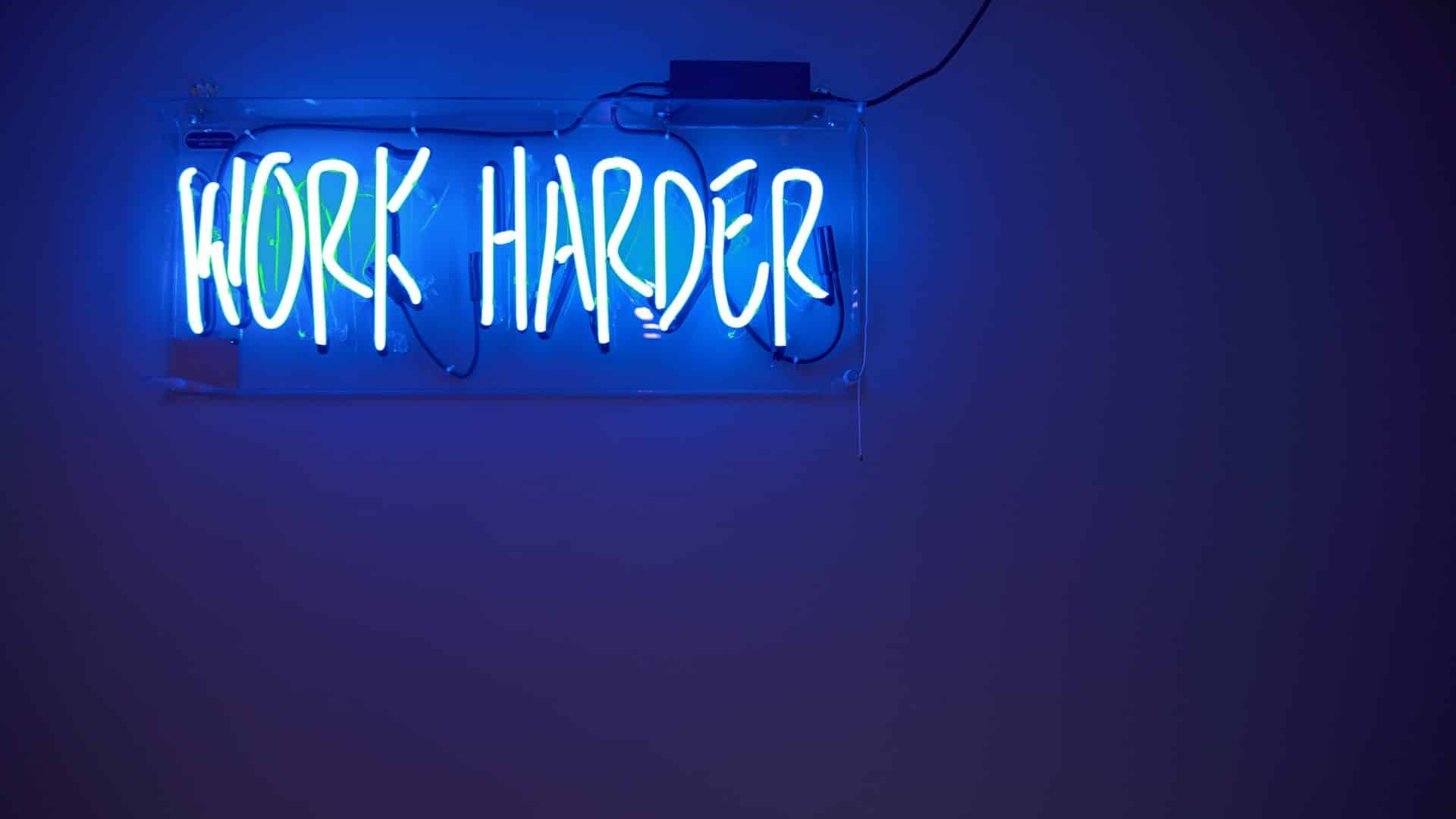Student Interview Questions and Answers
This is the definitive guide to student interview questions and answers.
Whether you are a recent graduate, a student in a college or university, or a high school student, we will show you how to stand out from the crowd and make the perfect impression at your next job interview.
When preparing for an interview, particularly as a recent graduate or student in college or high school, it is imperative to prepare and research beforehand.
This means reviewing lists of commonly asked interview questions, understanding how to answer behaviorally based questions and the STAR method, and researching the company and their financials.
Company research can be done through websites such as Glassdoor, which give a thorough level of information on the company culture and workplace.
Common Student Interview Questions
Although it is difficult to know what questions will be asked during the interview, it is possible to assume certain tangential and related questions that may be asked.
This is because most interviewers follow scripts and pre-prepared interview questions.
However, in addition to following scripts and previously prepared questions, most interviewers understand that recent graduates and college or high school students simply do not have the most robust resumes.
Not to be taken in an offensive manner, but most students resumes will focus on their academic coursework and odd jobs they juggled.
That is why the interview is so important.
Whereas career and mid-level professionals have multiple years of experience and work history on their resumes, most college students and recent graduates do not.
As-such, it is imperative that a recent graduate or college student impress the interviewer during the interview.

Why Are You the Perfect Person for This Role?
This is one of the most common questions asked to students and recent graduates.
In fact, this question is commonly asked to more experienced candidates as well.
As a student, you may lack a significant amount of work experience and history.
Therefore, when answering this question, you should focus on core competencies and abilities.
These core competencies and abilities will be more of a soft skill, rather than a hard skill learnt over the course of your working history.
Students should focus on their abilities and their willingness, over their specific experience.
Answering in a manner that indicates an ability and willingness will be seen as a greater strength than one based on previous work experience, which may be limited.
- Discuss your strong work ethic and perseverance to complete a project or task
- Discuss your willingness and ability to learn quickly
- Provide examples and scenarios of times you had to think critically and solve complex problems
- Provide examples of times you had to make a major decision
- Indicate your ability to be an organized individual
- Indicate your ability to communicate effectively
Name Your Biggest Achievement in College
So, this question is unique to recent graduates and college students.
The interviewer is looking to differentiate you from the rest of the candidates.
Understanding that, they would like you to name an achievement that you reached in college.
Ideally, you should look to avoid answers which are common and are not unique to your situation.
Stating that you did well or graduated on-time are answers that other college aged applicants will also have.
Rather, look to discuss major achievements and accomplishments you had while in college.
This can include running for student office, maintaining a high GPA while playing for the varsity team, or starting an organization or chapter and making it successful.
These accomplishments will be unique to you and will be different than other answers the interviewer may receive.
What Was Your Major or Area of Concentration in College?
Employers are often curious as to an interviewee’s major or college concentration.
And although it should be listed on your resume, the interviewer would like to get a better sense of why you majored in a particular subject.
If asked this question, provide the interviewer not just the major you graduated with, but the impetus behind choosing that major.
Employers like to see a level and sense of passion from their candidates.
A candidate that discusses their college major eloquently and in passionate detail will leave a much better impression than a candidate that doesn’t seem enthusiastic or excited about their choice.
How Would Your Friends Describe You?
Typically, many employers will reach out to previous employers for references.
However, as a recent graduate or college student, you may have a limited set of references for them to reach out to.
So, rather than clamoring for any reference, the interviewer may ask you directly what your references, or in this case your friends, would say about you.
Obviously, you will want to only include positive descriptions.
But you don’t want to provide descriptions which aren’t valued by the interviewer.
Interviewers, generally, want a candidate who is hard-working, reliable, dependable, and resourceful.
Utilizing these words and similar ones will help to make a good impression on the interviewer.
Why Do You Want This Job?
The obvious answer is money.
That is the wrong answer.
While the interviewer understands that all candidates want a job for the financial independence it provides, they are looking for more complex and in-depth answers.
If asked this question, you should relate it to your passion for the subject and area the employer focuses on.
You can then indicate your dream of working in that field and gaining that experience as a starting point for your career.
In addition, you can discuss what you know about the company.
Discussing the company culture, the intriguing projects, and the future growth of the company are all perfectly acceptable answers.
The important thing to remember with this question is that you should show passion and a desire to work at that company.
Tell Me About A Time You Disagreed with A Professor or Manager
Disagreements in the workplace happen.
However, understanding how to navigate those disagreements is more important than the disagreements themselves.
When asking this question, an interviewer is looking to see how you navigated the disagreement and what steps you took to resolve the issue.
The best way to answer this question is to discuss a time that a disagreement occurred.
This can be a large or small disagreement.
You should then discuss what steps you took to resolve the issue and how you both came to a mutually agreeable situation.
Showing how you navigated a disagreement and came to a resolution will show the interviewer your maturity and ability to resolve issues.
It will also show the interviewer your thought process behind the issue resolution and what specific steps you opted to take to ensure a pleasant relationship.
Tell Me About A Time You Had to Manage A Tight Schedule or Deadline
More often than not, many schedules and projects will have tight deadlines and require a decent level of organization to ensure completion.
With that in mind, an interviewer may look to see how you handled previous schedules or deadlines, particularly with a narrow window to complete.
When answering this question, be sure to be detailed on what was needed, what the schedule or timeline was, and what steps you too to ensure the deadline was met.
This will show your organizational skills and competencies and will prove to the interviewer your ability to manage a project.

Things to Bring to Interview
Being prepared for the interview requires bringing along a variety of different materials to the interview.
When considering what to bring to an interview, you should ask yourself what items you may need during the interview itself.
As a recommendation, you should bring multiple copies of your resume, ideally printed on resume paper.
In addition to multiple resumes, it is useful to bring a professional notebook.
This notebook should have your notes and your previously written interview questions to ask the interviewer.
You should supplement the notebook with a nice, sleek looking pen that will help you appear more professional and polished.
Lastly, don’t forget to bring identifying documents, including your state license or passport.
This will help to identify you for the front desk or security in the building.
Questions to Ask Interviewer
An interview is, in its very nature, a two-way street.
It requires communication and asking questions from both participants.
Interviewers like to see candidates who are engaged and who understand the nuances of the role and their expectations.
In addition, interviewers like to see candidates who are intrigued and curious about specifics of the role.
As-such, it is important to remember to ask the interviewer a set number of questions regarding the role and the opportunity.
These should be questions that are related to the aspect of the role and not related to time off, work from home opportunities, or other human resource type questions.
Ideally, you should prepare for your interview by writing down 3-5 questions to ask the interviewer.
This will help you to have a set of questions to ask and will help you to avoid not being able to think of some questions.
Conclusion
Student interviews are inherently different than interviews for career professionals.
As students tend to have less work experience, the questions that will be asked will veer more towards personality and behavioral.
In addition, the questions will be related to your college experience and coursework.
Student interview questions and answers do require some level of research and preparation.
Be sure to review the company and the role multiple times before the interview.
You should review a list of commonly asked interview questions as well to help you prepare.
Lastly, feel free to conduct mock interviews with family and friends to be fully prepared.









